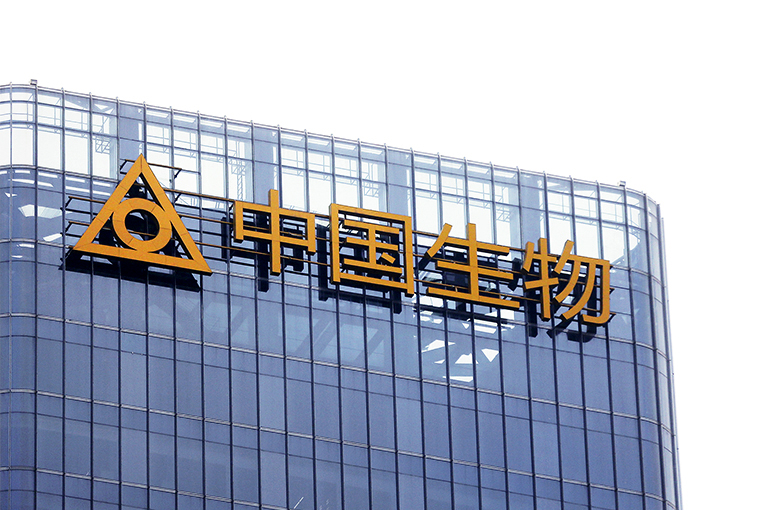 Sino Biopharm to Buy Out LaNova for Up to USD951 Million, Heralding Potential M&A Wave
Sino Biopharm to Buy Out LaNova for Up to USD951 Million, Heralding Potential M&A Wave(Yicai) July 17 -- Sino Biopharmaceutical said it plans to spend as much as USD951 million to fully acquire LaNova Medicines, a move that may point to more mergers and acquisitions in the Chinese drugs industry.
Sino Biopharm will buy the 95.1 percent of the Chinese developer of novel biologic drugs for cancer treatment that it does not already own, the Beijing-based company announced late on July 15. LaNova previously licensed its innovative cancer drugs to AstraZeneca and Merck for global commercialization.
Most deals in China’s biopharma space involve either biotech startups selling rights to new products or collaborative development partnerships, an analyst at a brokerage specializing in the sector told Yicai, adding that it is rare for an novel drug developer to be wholly acquired by a pharmaceutical giant.
The first case was last November when Germany's BioNTech agreed to buy China’s Biotheus for USD800 million to bolster its oncology drugs pipeline.
“The USD1 billion scale of [the LaNova] acquisition is truly a first for our sector,” Lu Xianping, who chairs startup Chipscreen Biosciences, pointed out. “This move will have a positive impact on the future ecosystem of China’s biopharmaceutical industry, creating a model where growth through M&As and organic development coexist.”
Most novel drug startups have resisted becoming subsidiaries of big companies because their “business philosophies don’t align,” the analyst said.
The acquisition will strengthen Sino Biopharm’s edge in oncology innovation and, by tapping LaNova’s capabilities in research and development, open the door to international deals, the buyer said.
If the capital market reacts well to the deal, it could become a catalyst for a new wave of innovative drug development in China, an investor told Yicai. "This is a win-win acquisition,” he pointed out. “The buyer's market value has increased, while the seller's early investors have successfully exited.”
Sino Biopharm’s shares [HKG: 1177] climbed 5.9 percent to close at HKD6.82 (87 US cents) apiece in Hong Kong today, after earlier touching HKD6.92, the highest in nearly four years. The stock added 1.1 percent yesterday, after opening up more than 6 percent.
Traditionally focused on making generic drugs, China’s established biopharma companies have been shifting toward innovation, hiking R&D spending and partnering with startups on new products.
Industry giants such as Hengrui Pharmaceuticals, CSPC Pharmaceutical Group, Kelun Pharmaceutical, Biokin Pharmaceutical, are all at the forefront of this shift.
Editor: Martin Kadiev